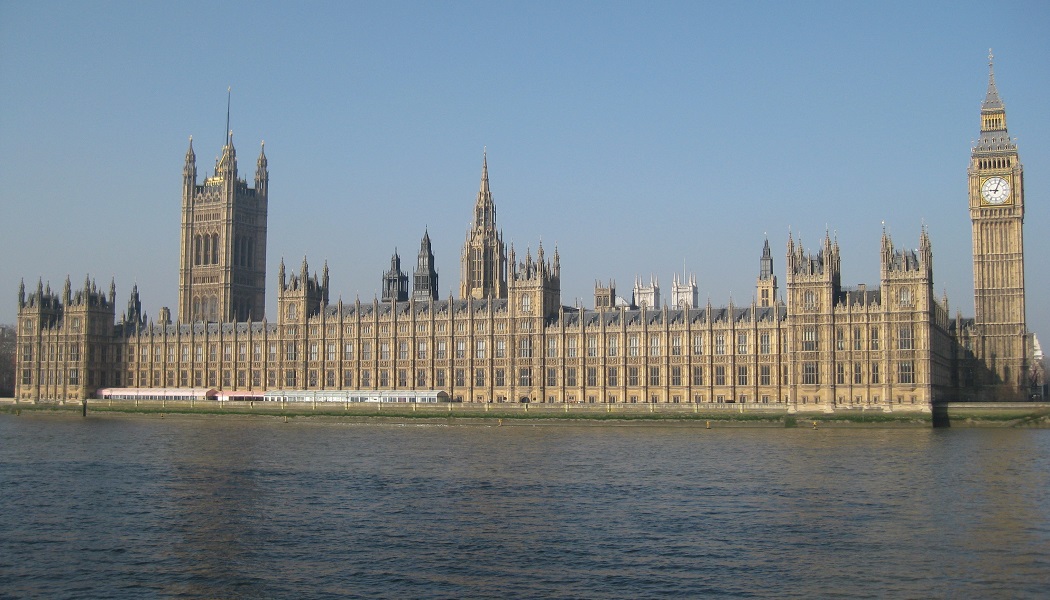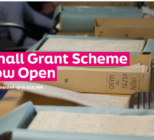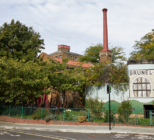The announcement of £1.57 billion to support ailing institutions throughout the UK’s creative industries has now been fortified with some information on how and when funding will be released.
Arts Council England, Historic England and the National Lottery Heritage Fund will be pivotal organisations in channelling the money towards applicants, with each having been appointed to oversee varying elements of the process.
Around £880 million in grant funding will find its way to imperilled sites via two funding rounds – the first being worth £622 million, with the outstanding £258 million reserved for when the situation has developed later in the financial year.
Sector needs ‘rapid action’ to accompany welcome £1.57bn arts investment package
Arts Council England has been entrusted with managing the distribution of £500 million, with the National Lottery Heritage Fund and Historic England focusing their efforts on directing £92 million of grants specifically to protect heritage sites.
“For many heritage organisations this funding will be the lifeline they have been waiting for and I urge them to apply as soon as possible,” says Ros Kerslake, chief executive of National Lottery Heritage Fund. “We remain dedicated to helping the heritage sector emerge from this crisis with strength and resilience so that it can thrive once again.”
Applying with ACE
Arts Council England will oversee the distribution of up to £500 million, divided into grants ranging from £50,000 up to a maximum £3 million.
This funding will be made available to:
- Cultural organisations (both profit and not for profit) based in England that are properly constituted and are registered at Companies House and/or Charity Commission, and are able to produce at least one year’s full independently certified or audited financial statements
- Local Authorities, Universities and other Public Sector bodies who run or maintain cultural services can also apply
- For this programme, ACE defines ‘cultural’ as sitting within the remit of Arts Council England, however Library services are not eligible
Key dates
Round 1
Application Open Date: 12pm (midday), 10 August
Application Deadline: 12pm (midday), 21 August
Round 2
Application Open Date: 4pm, 21 August
Application Deadline: 12pm (midday), 4 September
Arts Council England expects to allocate approximately 75% of the overall budget to the first round, meaning any application ready prior to the Round 1 deadline should be submitted immediately to maximise its chances
Further information can be found here.
A further £270 million made available as repayable finance will be supervised by the new independent Culture Recovery Board, chaired by Sir Damon Buffini.
Culture Recovery Fund for Heritage applications
National Lottery Heritage Fund and Historic England will be awarding grants starting at £10,000 and working up to £3 million. These are for organisations in England only and the funding must be spent by the end of this financial year – 31st March 2021.
Eligible applicants are:
- Heritage organisations managing a heritage site or visitor attraction
- Private owners of a heritage site, venue or attraction
- Organisations managing, maintaining or caring for culturally significant assets or collections
- Businesses that are a vital part of the heritage ecosystem, including conservators, contractors, specialists and suppliers
- Organisations that manage culturally significant assets or collections
- Non-accredited museums*
*Accredited museums and those working towards accreditation should apply to the Culture Recovery Fund through Arts Council England
When to apply
12pm (noon) on 17th August 2020 is the deadline for applications, with decisions expected by the end of September for applications up to £1 million. Submissions seeking higher figures will be reviewed by an independent board and decisions will take slightly longer.
A more detailed breakdown of eligibility criteria and application requirements can be found here.
Sir Laurie Magnus, chairman of Historic England, notes: “The historic places that help define us are at risk of being lost forever. England’s heritage is worth £31 billion to the economy, supports nearly half a million jobs and engages even more volunteers. It has a central role to play as the country moves towards a sustainable recovery. This crucial funding will help the organisations and businesses who look after our locally-cherished historic sites.”
The support package, he adds, serves as “recognition that investing directly in historic places can bring wide ranging social benefits, inspiring communities to engage with their past and encouraging creativity, regeneration and growth”.










